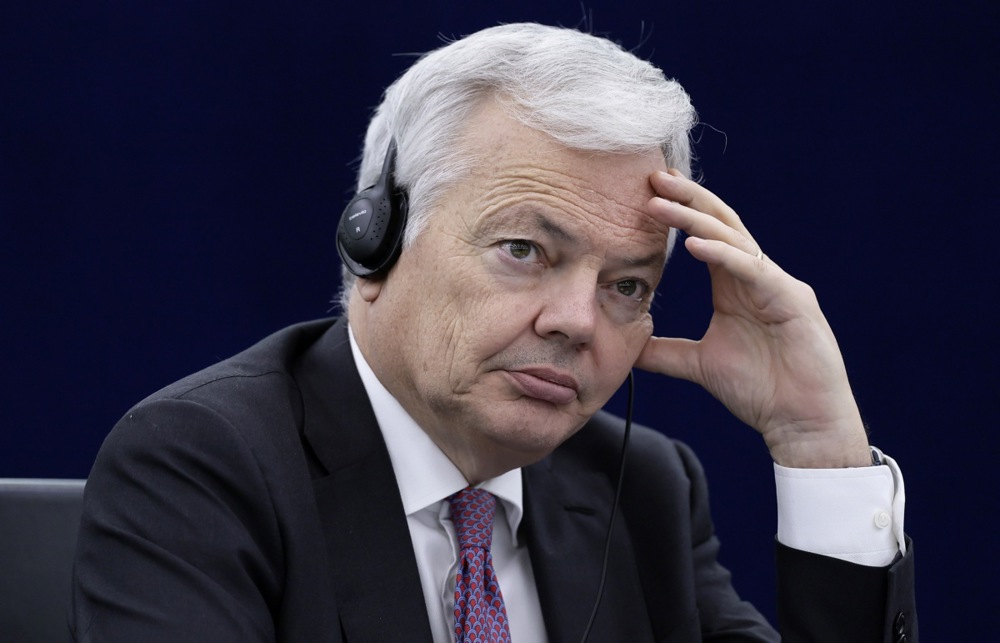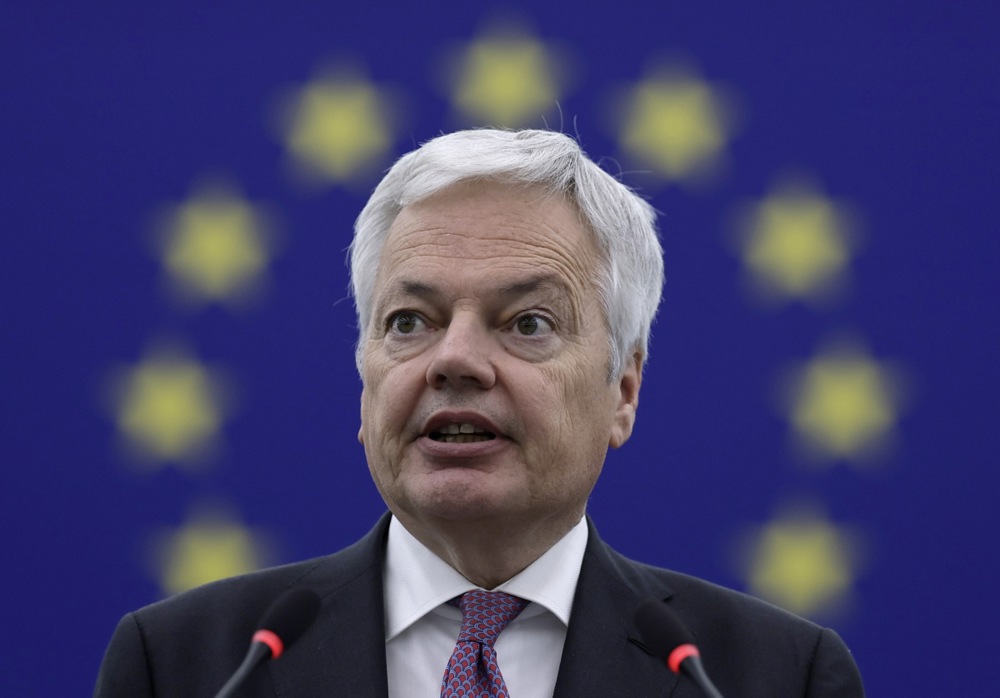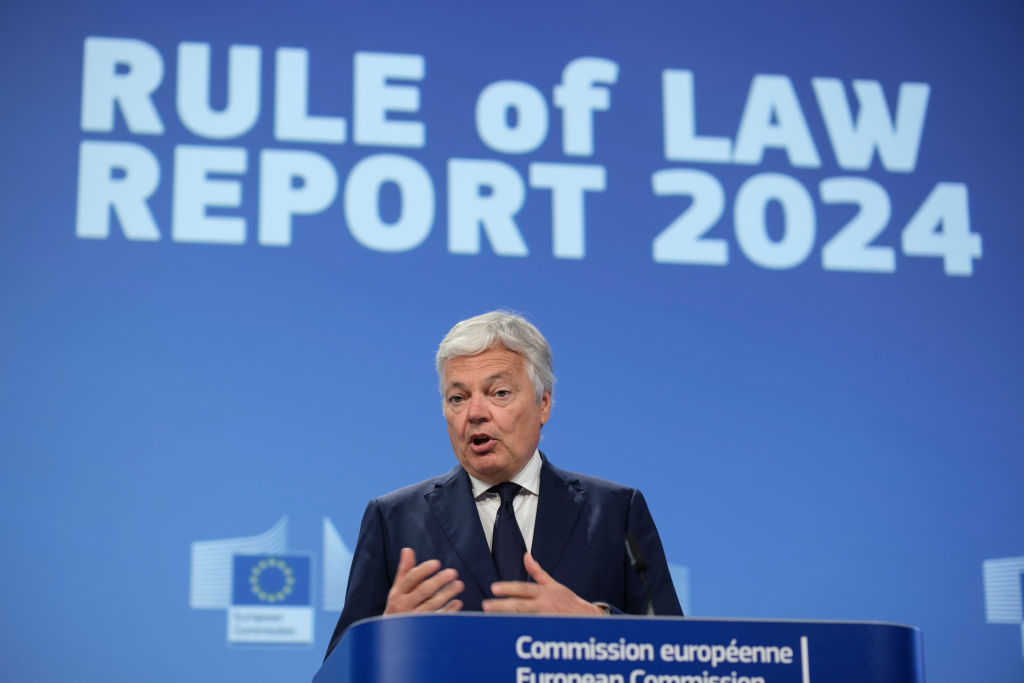The Dutch bank ING is under investigation by Belgium’s central bank over its handling of potential money laundering activities by former European Commissioner for Justice Didier Reynders.
ING was aware of possible issues regarding Reynder’s finances since 2018 but reportedly did not act pursue the matter, according to Belgian newspaper Le Soir.
The bank was said to have questioned Reynders in 2018 about his frequent and large cash deposits.
However, the National Bank of Belgium only brought the matter it to authorities in 2023, after Belgian prosecutors started investigating Reynder’s case.
ING Belgium questioned Reynders in 2018, when he served as Belgium’s foreign minister, regarding approximately €700,000 in cash he had transferred to his account, according to sources cited by Le Soir.
Reynders reportedly stopped these deposits in mid-2018, after ING asked him about the money.
He went on to allegedly start a lottery scheme, which, according to investigators, possibly formed part of a money laundering operation.
There he is suspected of having laundered another €200,000.
Didier Reynders, the former European Commissioner of Justice, is the subject of more allegations of money laundering. https://t.co/JxOMNkwOte
— Brussels Signal (@brusselssignal) December 16, 2024
ING did not make a statement at the time to Belgium’s Financial Intelligence Processing Unit, and only acted years later.
An investigation into money laundering allegations against Reynders has been underway since March 2022, following reports about his “highly unusual” behaviour involving the National Lottery.
ING told news agency Belga it was “not authorised by law to comment on individual cases.”
“ING Belgium fully assumes its role as a guardian of the financial system and complies with all legal obligations related to combating money laundering and the financing of terrorism. If required, ING Belgium cooperates in a fully transparent manner with judicial authorities,” the bank said.
Reynders has said he was innocent of accusations.
Le Soir also visited a petrol garage where Reynders allegedly bought thousands of euros scratch lottery tickets at a time.
“He came regularly at the end of the afternoon, he bought €2,000 or €3,000 worth of lottery tickets,” the cashier said about Reynders, who lived near the petrol garage.
All shops in Belgian have a legal limit of €3,000 in cash for selling lottery tickets.
Her former colleague, she said, had warned her she had to “remain discreet” with this customer and “put the money directly in the safe”.
The cashier said investigators questioned them about Reynders’s suspicious shopping.
“They showed us a series of photos to check whether we actually recognised Reynders. In addition, they also requested images from our surveillance camera,” she added.
Reynders and his wife are currently facing two investigations against possible money laundering, one by the public prosecutor and another by Belgium’s Financial Intelligence Processing Unit (CFI).
The Brussels federal police began its investigation in March 2024 after receiving the National Lottery and CFI reports.
In early December, after he lost the immunity which came with his position as justice Commissioner, Reynder’s premises were searched by police, and he and his wife were questioned.
Reynders’ wife, a high magistrate at the court of appeals until her retirement in 2018, was also a suspect because half of the suspicious tickets were bought with an account in her name.
On December 11, the Belgian National Lottery gave more information about his case. Shortly before, public media RTBF reported the Reynders had an account with deposits totalling €1 million.
From 1999 to 2011, Reynders was Belgium’s Minister of Finance. He was politically responsible for the Belgian Lottery between 2007 and 2011.
He has been accused of wrongdoing and corruption several times, but never found guilty by a Belgian court.
Former European Commissioner of Justice Didier Reynders, being investigated for alleged possible money laundering, earns a double pension, it has been revealed. https://t.co/HKvypjvedF
— Brussels Signal (@brusselssignal) December 18, 2024





